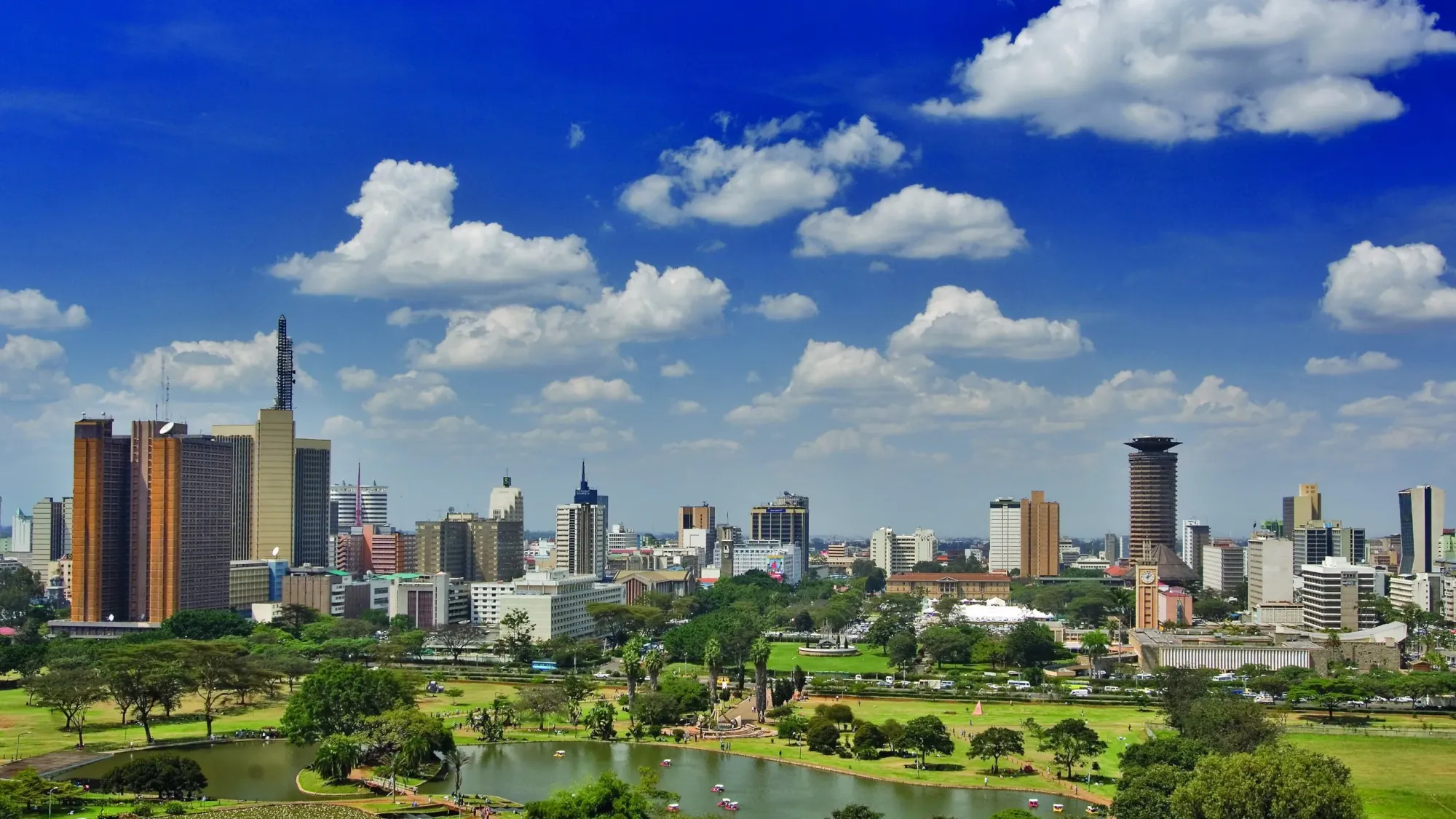Nairobi Drives Kenya’s Rise as East Africa’s Leading Startup Ecosystem

Kenya’s startup ecosystem has climbed to the 58th place globally in the latest Startup Blink report, reclaiming its position as Africa’s second-leading hub after three years at third.
The country outpaces all African peers except South Africa, continuing to dominate the East African region with a startup score six times that of neighboring Uganda.
Nairobi remains the powerhouse city, rising six spots to rank 107th worldwide and holding its status as East Africa’s top startup hub for the fifth year running. Meanwhile, Mombasa has re-entered the global startup city rankings at 916th, driven by an impressive 104% growth rate.
The report highlights Kenya’s advantage as an English-speaking gateway to Africa with a mature economy and a vibrant entrepreneurial culture. Alongside Nigeria, Egypt, and South Africa, Kenya attracts a significant share of the continent’s startup funding. However, the ecosystem is heavily concentrated in Nairobi, whose startup activity surpasses Mombasa’s by nearly fiftyfold. Despite this geographic imbalance, Kenya’s mobile money platforms, notably M-Pesa, have catalyzed digital innovation across broader regions.
Kenya’s ecosystem maturity benefits from policy support, investment inflows, and improving infrastructure. The Startup Bill aims to strengthen local ownership and allocate 15% of startup expenses to research and development, attracting foreign investors and promoting innovation. Initiatives like Konza Technopolis and Kenya Innovation Bridge bolster the country’s reputation for tech growth, while the recently introduced digital nomad visa targets global talent with a high income threshold.
International partnerships, including collaboration with the UK’s FCDO, are critical in developing skills and addressing funding gaps. Nairobi’s growing cluster of multinational tech firms and accelerators further enhances the ecosystem’s global reach.
The startup landscape is diversifying beyond fintech and buy-now-pay-later models to include climate-tech, agri-tech, e-mobility, and clean energy ventures, which secured multimillion-dollar investments last year.
Challenges remain, with limited mentorship, infrastructure gaps, and scarce follow-on capital hindering many startups from scaling. Nevertheless, Kenya’s ecosystem continues to grow robustly amid increasing regional and global competition.
Other African countries in the top 100 include Egypt, Nigeria, Morocco, Ghana, Rwanda, and Somalia at 100th. Globally, the leading startup hubs are the United States, the United Kingdom, Israel, Singapore, and Canada.
